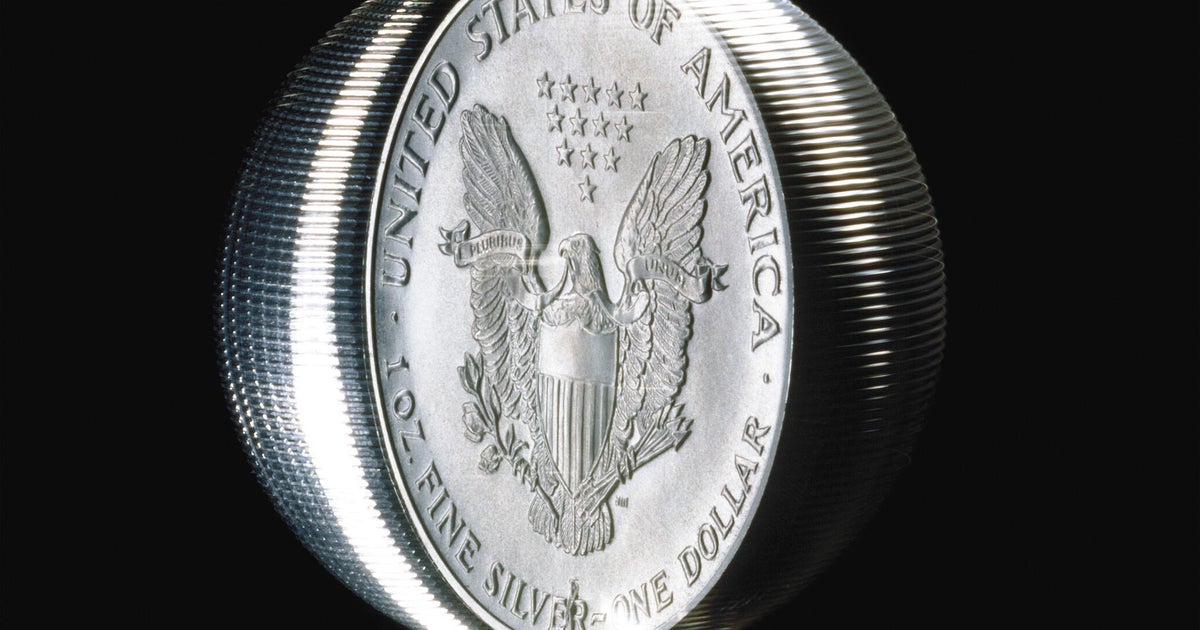Short-term CDs: Everything to know
The Federal Reserve has decided not to raise interest rates during its past two meetings, which means interest rates generally remain high across the board. That includes certificates of deposit (CDs).
Typically, the longer a CD term — meaning the number of months or years a CD needs to be held to get the full yield — the higher the interest rate. But with many expecting that rates will come down in the near future, short-term CDs typically pay higher interest rates than long-term CDs right now.
Find out the top CD rates available to you here.
What is a short-term CD?
A short-term CD is typically considered to be a CD with a duration of one year or less. Like other types of CDs, these vehicles provide savers with an "opportunity to lock in higher interest rates than they would typically get from a savings account," says Hollanda Iwanski, CFP, vice president at UBS Financial Services.
How does a short-term CD work?
In exchange for locking in a higher interest rate — generally higher than a savings account — short-term CDs typically require holders to keep their funds within the CD for the full term. That said, some financial institutions offer no-penalty CDs that you can withdraw from early. Otherwise, savers typically have to forfeit some of the interest they would have accrued for withdrawing their money before the CD term has ended.
"Clients should know what their cash needs are over the next 12 months, so they don't lock up cash they'll need in a CD," says Iwanski.
For example, a 12-month CD might pay a 5.00% annual percentage yield. So, if you put in $10,000 and keep it in the CD the full year, you'll end up with $500 in interest in addition to the $10,000 you put in. But if you need the money early and withdraw it from the CD, you'll usually lose some of the interest you would have earned.
While you can withdraw all of your money at the end of the CD term, "most will auto-renew for another term unless the owner takes action and notifies the bank beforehand," says Clay Ernst, executive director, financial planning at Edelman Financial Engines.
Explore today's best CD rates online here.
What are today's short-term CD interest rates?
The average short-term CD interest rates, according to the Federal Deposit Insurance Corporation (FDIC), are as follows:
- 3-month CD: Average rate of 1.42%
- 6-month CD: Average rate of 1.39%
- 12-month CD: Average rate of 1.79%
However, many banks and credit unions pay significantly higher rates. You can often find short-term CDs paying 5% APY or more right now.
Pros and cons of a short-term CD
Short-term CDs can have several advantages over long-term CDs and other savings vehicles, but there are also some potential drawbacks to consider.
Pros
Fixed interest rates: Short-term CDs provide fixed interest rates, whereas high-yield savings rates can change. So, if you're saving a specific expense in the coming year, you'll know how much interest you'll earn and have access to the cash when a short-term CD matures.
"Short-term CDs are excellent options for near-term projects where the payment is defined, like a new pool that would be built in the spring, for instance," says Ernst.Higher rates than long-term CDs now: Short-term CDs currently pay higher interest rates than most long-term CDs. "We're in an inverted yield curve environment, which means short-term investors are getting paid more in the short-term versus long-term," says Iwanski.
Faster maturity: Because short-term CDs mature faster than long-term CDs, you can gain access to your funds sooner. When it matures, you can then reassess to see if you're better off putting money into a long-term CD, putting money back into a short-term CD or choosing a different investment.
"A benefit to the short-term CD is it's less sensitive to interest rate rises and the probability you might need to break the CD to access funds for an unforeseeable circumstance is lower," says Iwanski.
Cons
Risk of missing out on long-term rate security: While short-term CDs often pay higher interest rates than long-term CDs do right now, that could change. By the time your short-term CD matures, you might find that you don't have the same opportunities as you do now to gain high yields.
If rates drop during the time you hold a short-term CD, "you will have missed out on locking in elevated yields for a longer period," says Iwanski.
Potential penalties: The fixed interest rate of CD accounts can be a positive at times, but it can also work against you. Savings account interest rates are variable and can go up as interest rates rise, but your existing CDs will continue to pay the same rates.
While you might want to withdraw your CD funds if rates rise, generally "the holder can't surrender the CD without penalty/loss of interest for a portion of the holding period," says Ernst.Less flexibility: CDs generally have less flexibility than vehicles like high-yield savings accounts. Even though savings account rates can change at any time, you can also move your money in and out as needed, whereas a CD typically has less flexibility. In many cases, you either need to keep your money in the CD or withdraw all the funds early for a penalty.
The bottom line
Overall, short-term CDs can be a good option for those looking for a relatively high, stable interest rate for 12 months or less. But that can come with risks, like missing out on better opportunities if rates rise or fall during your CD term. Still, because the duration is short, it won't be long until you can access those funds without penalty and reevaluate what to do next.
Determining if a short-term CD is right for you depends on factors like what your cash needs are over the next year, says Iwanski. "In this current market environment, we recommend clients have at least 3-6 months' worth of expenses in a liquid money market or high-yield savings account, so they have the flexibility to access the funds during an emergency," she adds. "If there's excess cash in their liquidity bucket, we recommend CDs and/or Treasuries depending on their state and local tax rates."




